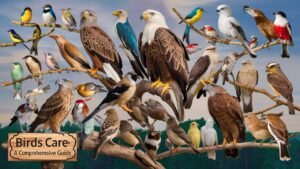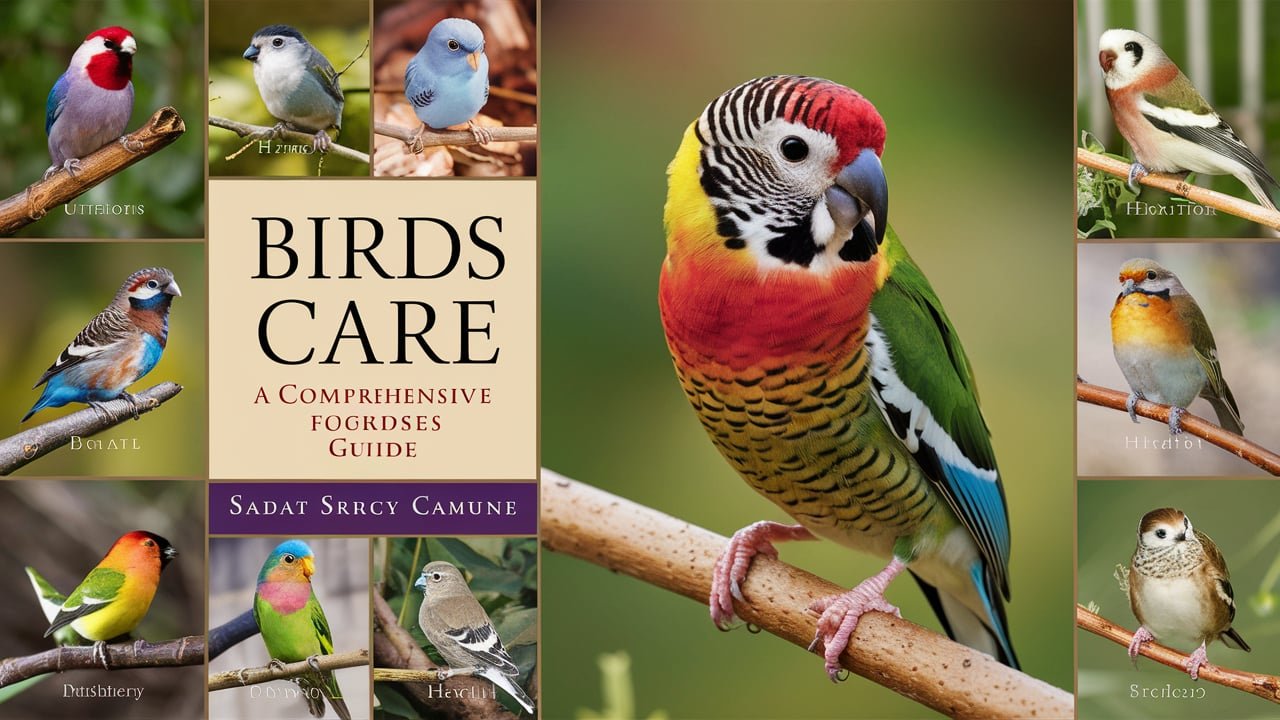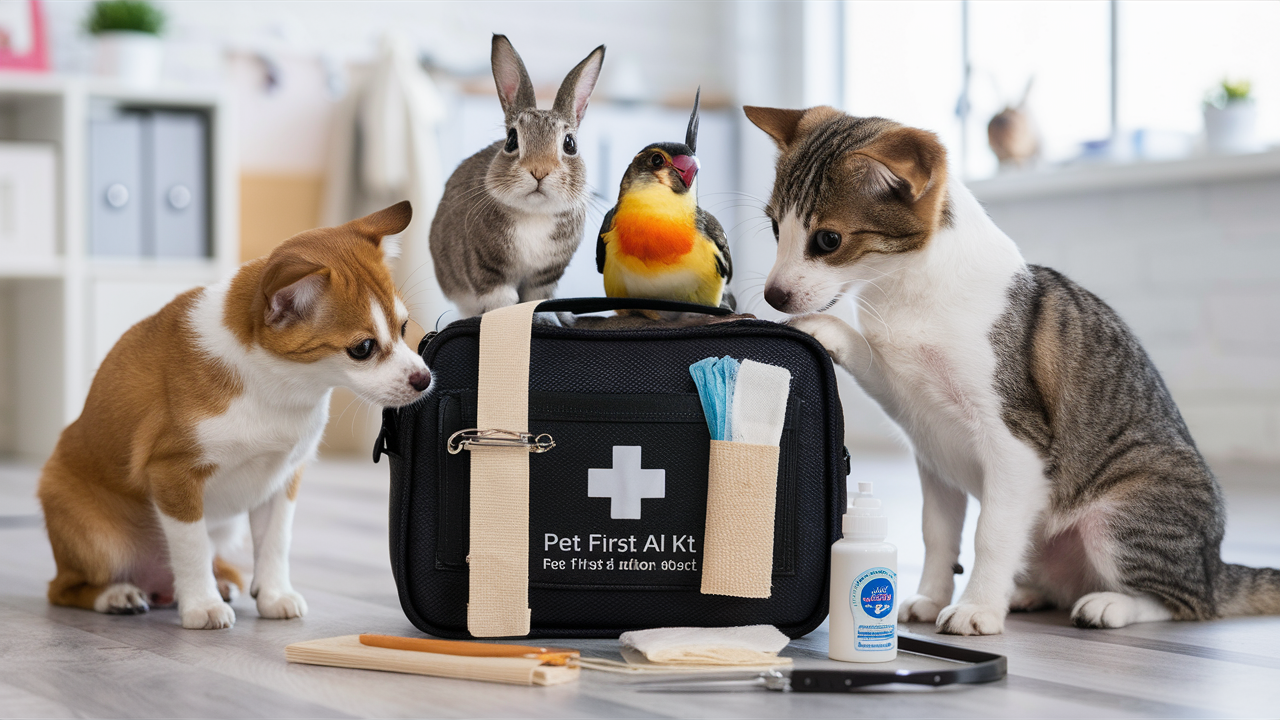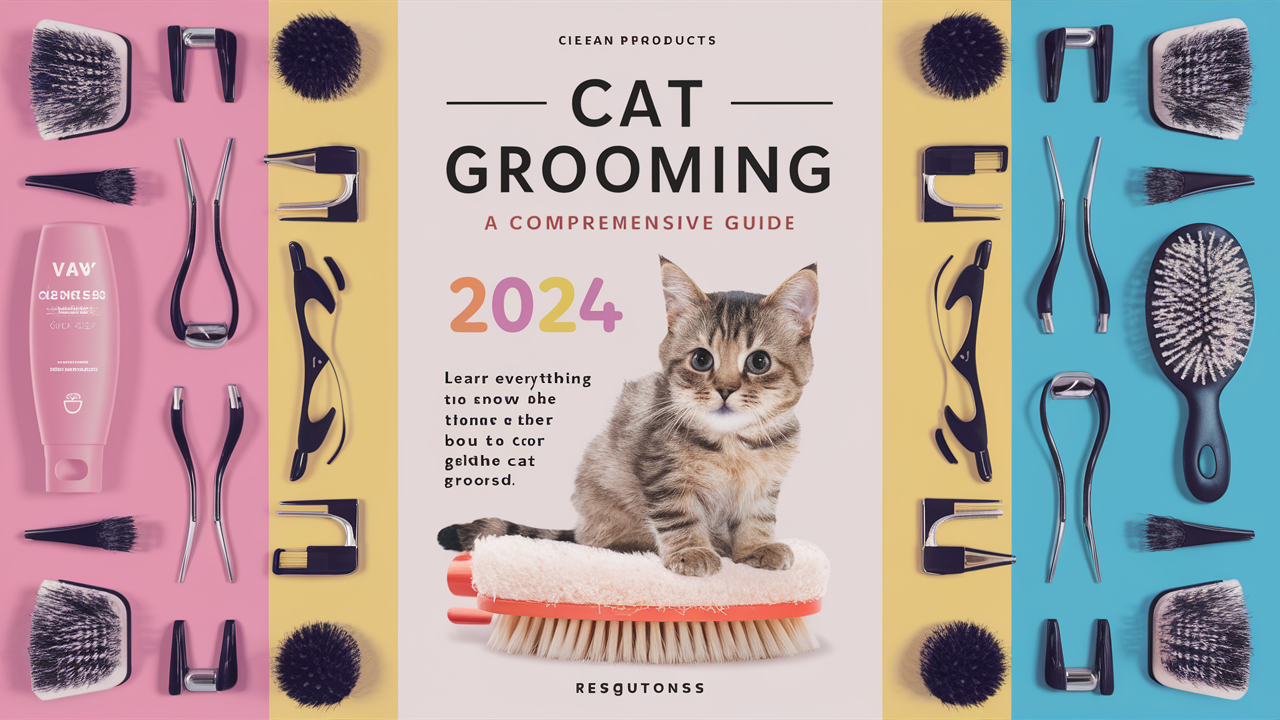“Discover expert tips and essential advice in our ‘Birds Care: A Comprehensive Guide.’ Learn how to provide the best nutrition, habitat, and healthcare to ensure your feathered friends thrive. Perfect for both novice and experienced bird owners.”
Introduction to Birds Care
Birds make delightful and fascinating pets. Their vibrant colors, melodic songs, and lively personalities can bring joy to any home. However, caring for a bird requires dedication and knowledge to ensure they thrive. Whether you are a new bird owner or an experienced avian enthusiast, this guide will provide you with essential tips and insights into proper bird care.

Choosing the Right Bird
Considerations Before Getting a Bird
Before bringing a bird into your home, it’s crucial to consider factors such as your lifestyle, available space, and the amount of time you can dedicate to their care. Birds can live for many years, so it’s important to choose a species that fits well with your daily routine and long-term commitments.
Popular Pet Bird Species
In Birds Care Some popular pet bird species include parakeets, canaries, finches, cockatiels, and parrots. Each species has its own unique needs and characteristics, so research thoroughly to find the best match for your household.
Setting Up the Perfect Habitat
Choosing the Right Cage
In Birds Care a bird’s cage is their sanctuary, so it should be spacious enough to allow free movement and exercise. Ensure the cage bars are appropriately spaced to prevent escape or injury.
Essential Cage Accessories
Equip the cage with perches, toys, and food and water dishes. Perches should be of varying sizes and textures to keep your bird’s feet healthy.
Safe and Comfortable Bedding
Use bird-safe bedding such as paper or wood shavings. Avoid using materials that can cause respiratory issues or digestive blockages.

Feeding Your Bird
Understanding Your Bird’s Dietary Needs
Different birds have different dietary requirements. A balanced diet typically includes seeds, pellets, fruits, and vegetables. Research your specific bird species to ensure you’re meeting their nutritional needs.
Types of Bird Food
- Seeds: A staple for many birds but should be supplemented with other foods.
- Pellets: Formulated to provide a balanced diet.
- Fresh Produce: Fruits and vegetables offer essential vitamins and minerals.
Foods to Avoid
In Birds Care avoid feeding your bird chocolate, caffeine, avocado, and salty or sugary foods as these can be toxic.
Maintaining Bird Health
Regular Veterinary Check-Ups
Routine veterinary visits are crucial for detecting and preventing health issues. Find an avian veterinarian experienced in bird care.
Common Bird Health Issues
Be aware of common health problems such as respiratory infections, feather plucking, and parasitic infestations. Early detection and treatment are vital.
Signs Your Bird Needs Medical Attention
Look out for signs such as lethargy, changes in eating habits, abnormal droppings, and feather loss. These could indicate underlying health problems.
Grooming Your Bird
Feather Care
Birds preen themselves, but you should also provide regular baths or misting to keep their feathers clean and healthy.
Nail Trimming
Overgrown nails can be uncomfortable and may lead to injuries. Learn how to trim your bird’s nails safely or have a professional do it.
Beak Maintenance
Ensure your bird has access to cuttlebones or mineral blocks to help maintain a healthy beak.
Keeping Your Bird Active and Engaged
Importance of Mental Stimulation
Mental stimulation is crucial for preventing boredom and associated behavioral problems. Engage your bird with various activities and toys.
Best Toys for Birds
Choose toys that encourage foraging, puzzle-solving, and physical activity. Rotate toys regularly to maintain interest.
Creating a Bird-Safe Play Area
Designate a safe space where your bird can explore and play outside their cage. Remove any potential hazards from this area.
Socializing Your Bird
Building Trust with Your Bird
Spend time with your bird daily to build trust. Talk to them, offer treats, and allow them to perch on your hand.
Training Techniques
Positive reinforcement techniques work best. Use treats and praise to encourage desired behaviors.
Preventing and Addressing Behavioral Issues
Understand the root causes of behaviors such as biting or screaming. Consistent training and environmental enrichment can help address these issues.
Bird Safety in Your Home
Hazards to Avoid
Keep your bird away from toxic plants, open water sources, and kitchen hazards. Be mindful of windows and mirrors to prevent collisions.
Safe Cleaning Products
Use bird-safe cleaning products for their cage and surrounding areas. Avoid harsh chemicals that can harm your bird.
Emergency Preparedness
Have a plan in place for emergencies such as illness or natural disasters. Keep a first aid kit and contact information for your avian veterinarian handy.

Conclusion
Caring for a bird involves a commitment to their well-being and happiness. By providing the right environment, nutrition, and social interaction, you can ensure your feathered friend lives a long, healthy, and fulfilling life. Birds are incredible companions, and with the right care, they will bring joy and vibrancy to your home for years to come.
FAQs
How often should I clean my bird’s cage?
It’s best to clean your bird’s cage at least once a week, with spot cleaning of food and water dishes daily to maintain a hygienic environment.
What should I do if my bird stops eating?
If your bird stops eating, it’s crucial to consult an avian veterinarian immediately as it could indicate a serious health issue.
How can I tell if my bird is bored?
Signs of boredom in birds include feather plucking, excessive vocalization, and destructive behavior. Providing toys and interaction can help alleviate boredom.
What is the best way to introduce a new bird to my home?
Gradually introduce the new bird by placing its cage near the existing bird’s cage. Allow them to observe each other before any direct interaction.
How can I help my bird adjust to a new environment?
Give your bird time to acclimate by keeping their environment calm and familiar. Gradually introduce new elements and routines.



